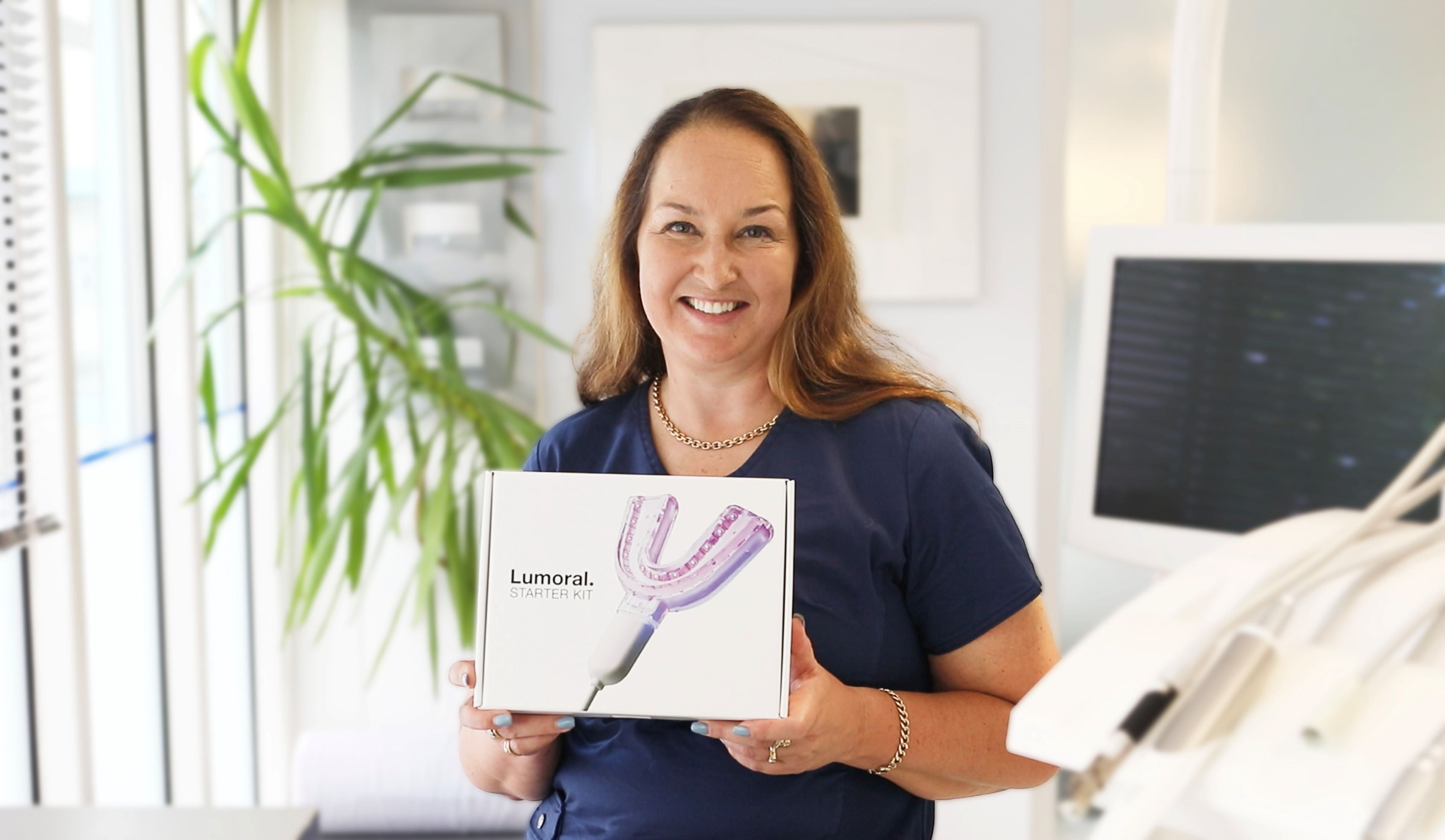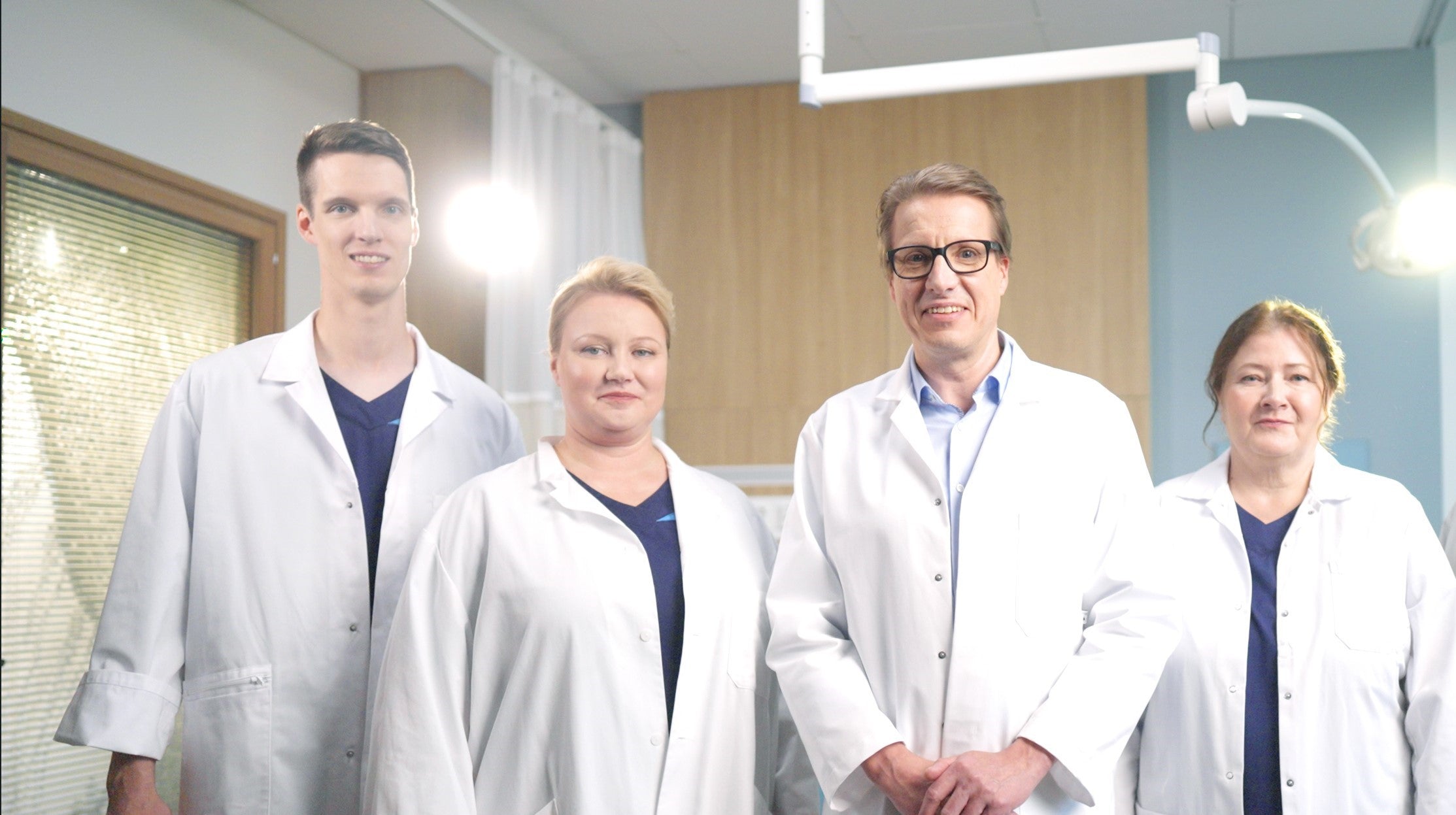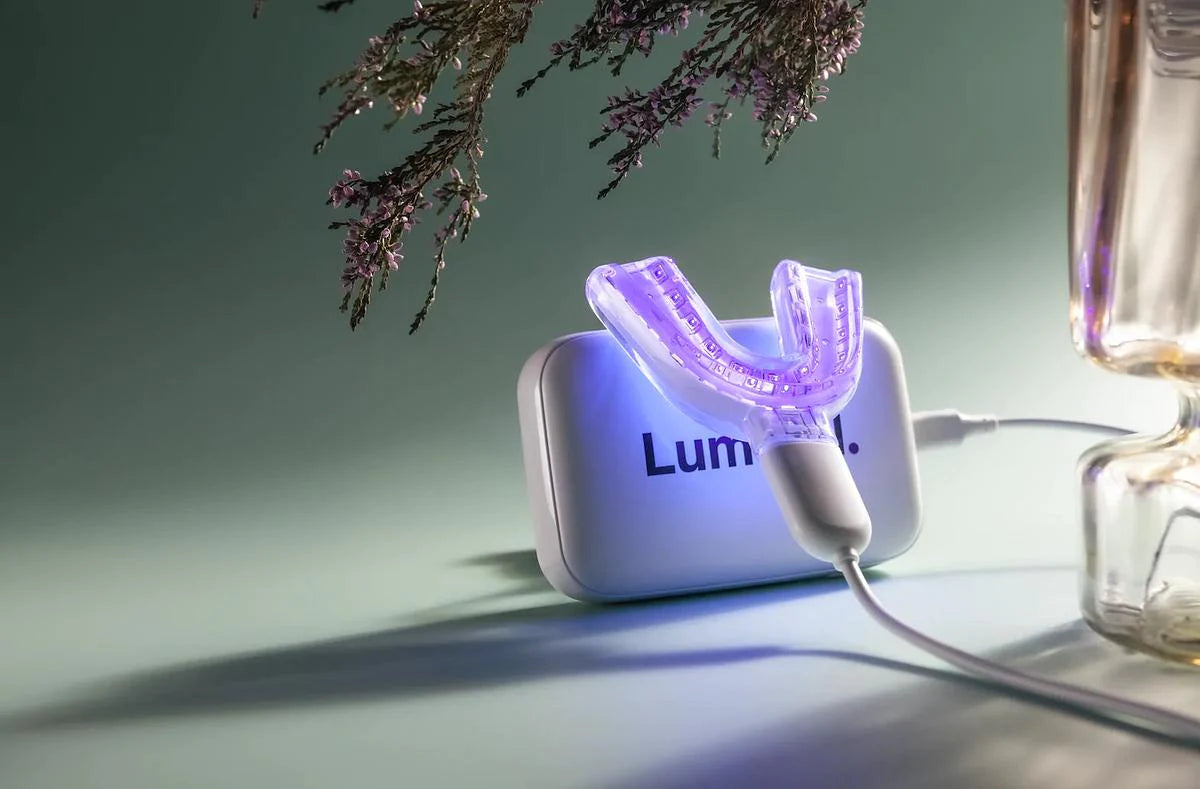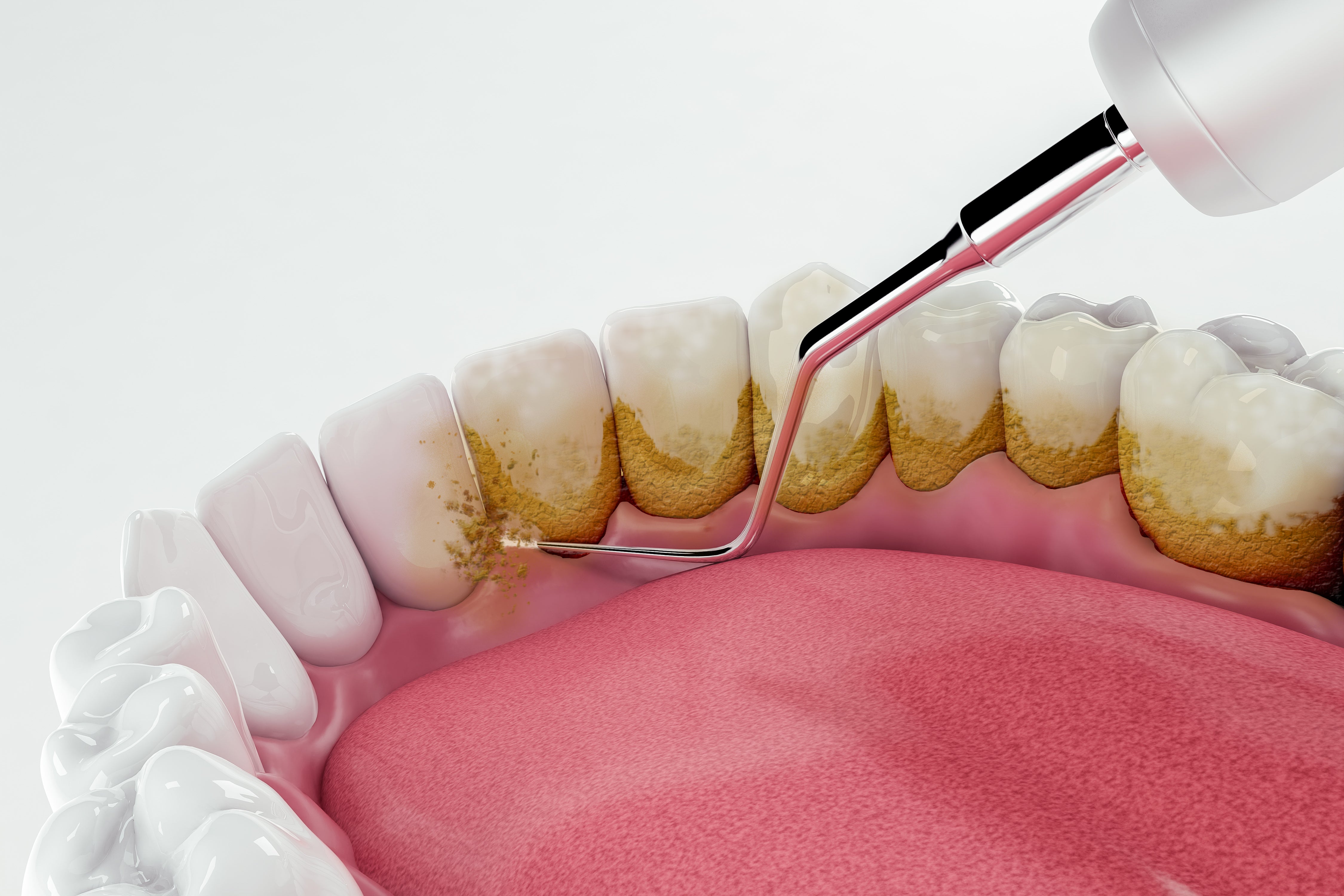- All posts
- 8 Media Venture
- althetics
- aMMP8
- Annimari Korte
- Antibiotic resistance
- Apotek Härtat
- Aqua Dental
- athlete
- Award
- Baltics
- Bonnier
- Bonnier News
- Brain health
- Business
- Cancer
- cardiovascular disease
- caries
- Chemo therapy
- children
- collaboration agreement
- Croatia
- Denmark
- Denta
- Dental erosion
- Dentex
- diabetes
- Dual Light
- Duodecim
- EFP
- EFR
- Estonia
- EuroPerio
- event
- Expodental
- FIBO
- fund raising
- general health
- Gingivitis
- Gum disease
- HAP
- HealthHub Pharma
- HIDES
- Hospital infections
- hospital-acquired pneumonia
- IBD
- Iceland
- IDS COLOGNE
- implantology
- invest
- investment
- italy
- Koite Health
- Latvia
- Lithuania
- lumoral
- Lumoral App
- Lumoral Junior
- Maritime industry
- Media
- MegaGen
- Movie
- News
- Nordic markets
- Nordics
- O
- Olympics
- Oral health
- Oral hygiene
- Oral mucositis
- Patent
- PDT
- peri-implantitis
- Perio Master Clinic
- Periodontitis
- periodontology
- Photodynamic therapy
- Press
- Ranking
- Romania
- Scandinavian Society of Periodontology
- Science
- Seafarer
- Seedtable
- share issue
- Shareissue
- Siblings movie
- Spain
- spots
- Stroke
- Study
- sweden
- Tartar
- techtour
- Thailand
- UK
- United States
- Valentine's Day
- WHO
- World Cancer Day
- World Health Day
- World Heart Day
- world oral health day
- World Smile Day

New advances in periodontitis treatment: Lumoral study makes progress in Lithuania
A promising study is underway in Lithuania to investigate the effectiveness of Lumoral Treatment medical device in treating more severe stages of periodontitis. The study "Regular home-use of dua...

Dental Clinic Albin: Innovative Oral Healthcare in Partnership with Lumoral
Satu and Kai Aalto started working at Albin Dental Clinic in Helsinki in 2003. Both graduated from the University of Helsinki in the 1990s, and before Albin they worked in England and studied laser...

Lumoral: New Advances in the Scientific Research of Antibacterial Lumoral Treatment
The Finnish oral health innovation, Lumoral, has sparked significant interest in the academic community, with several new studies launching in recent months. Mikko Kylmänen, Research Manager at Koi...

HealthHub Pharma to Distribute Lumoral in Poland's Growing Preventive Dental Market
Finnish health technology company Koite Health Oy has signed a distribution agreement with Polish company HealthHub Pharma for its Lumoral oral health enhancing method. The partnership, which comme...

Poor oral health can increase the risk of stroke
Every year, over 13 million people worldwide die from stroke. However, many of these incidents could be prevented through relatively simple means, such as a healthier diet, more exercise, or improv...

Taking control of troublesome tartar
Tartar is mineralised plaque that forms on the surface of the teeth, usually as a result of poor oral hygiene. Plaque is made up of bacteria, food debris and saliva proteins. If plaque is not regul...